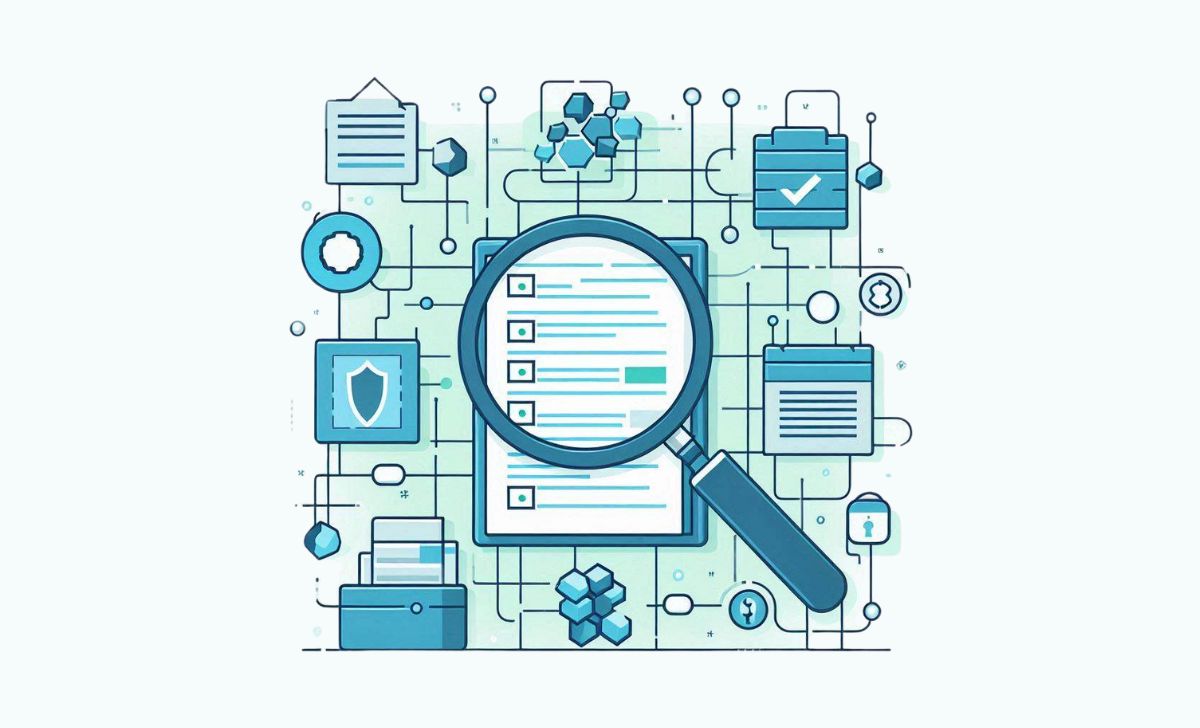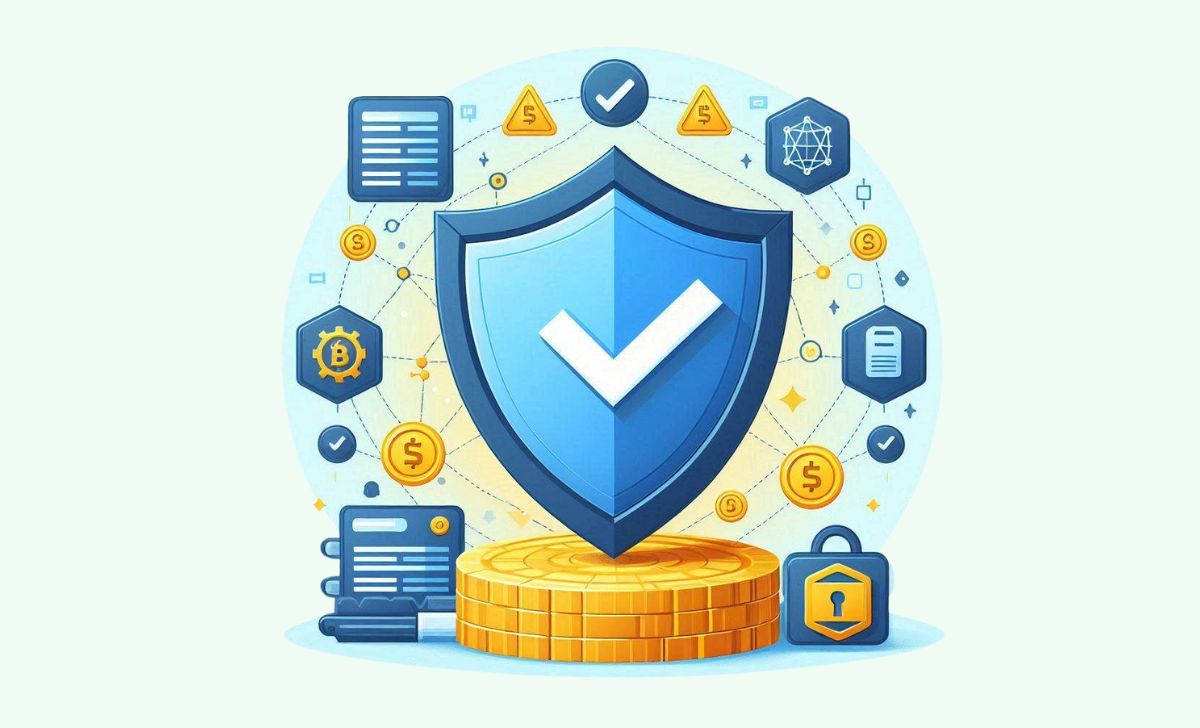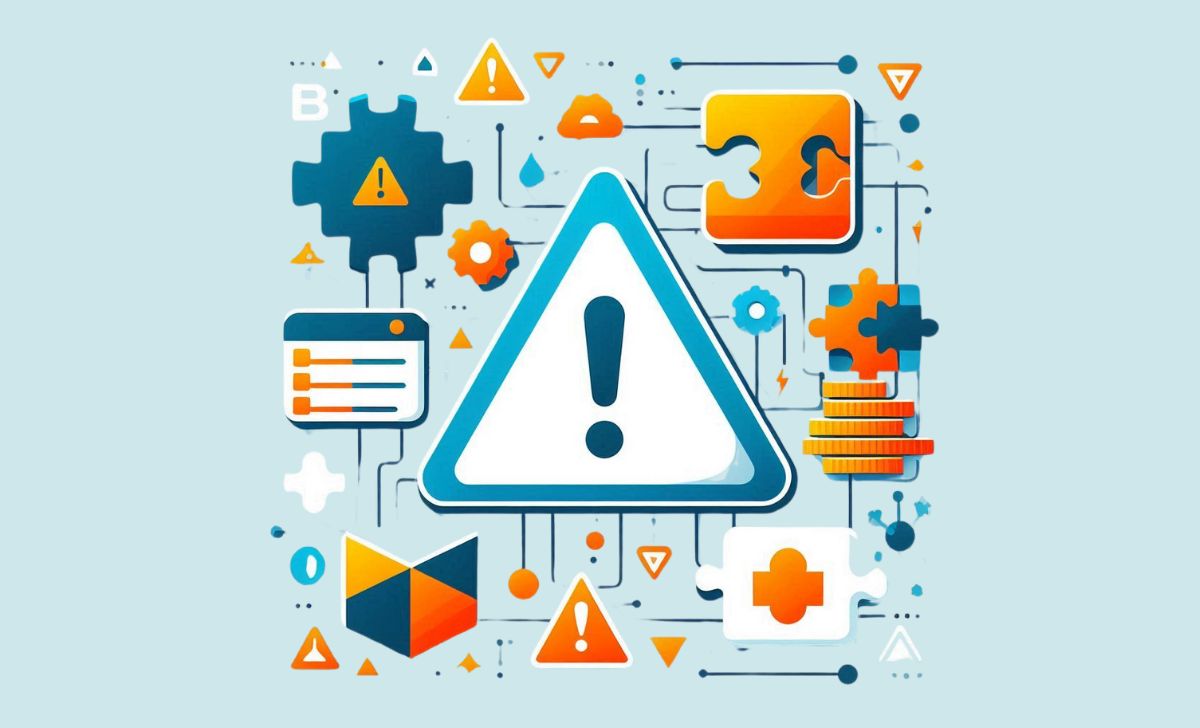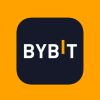Blockchain is creating a breakthrough in the audit industry thanks to its transparent, immutable, and real-time data recording capabilities. This technology enables auditors to quickly verify transactions, reduce fraud, automate checks, and save time and costs. Blockchain also supports financial auditing, smart contract auditing, risk management, and enhances business transparency.
However, applying blockchain in auditing still faces challenges such as difficulties in accessing distributed data, lack of regulatory standardization, technical risks, and the need for auditors to acquire new technology skills. To maximize benefits and overcome barriers, businesses and auditors should stay updated, choose suitable solutions, and follow in-depth analysis from TOPCOIN9 below.
What Is Blockchain Technology in the Context of Audit?

Blockchain technology is a decentralized, distributed ledger system that records transactions securely and immutably, providing real-time access to financial data for auditors. In the audit context, blockchain allows auditors to verify transactions directly on a transparent network, reducing manual verification needs and enhancing the reliability and efficiency of audit processes.
In addition, many audit professionals and investors are now leveraging a portfolio traker to monitor crypto holdings and on-chain transactions in real time, supporting more accurate and transparent audit trails for digital assets.
Key Features
- Immutability: Once recorded, data on the blockchain cannot be altered, ensuring the integrity of audit evidence and reducing the risk of fraud or data tampering (Wikipedia, 2019; PMC, 2024; Academy of Accounting and Financial Studies Journal, 2025).
- Transparency and Real-Time Access: Auditors can access up-to-date, objective, and verifiable information, enabling continuous monitoring and automated audit procedures (Wikipedia, 2025; PMC, 2024; Academy of Accounting and Financial Studies Journal, 2025).
- Enhanced Data Security: Blockchain’s cryptographic protocols and distributed nature protect sensitive financial information from unauthorized access or loss.
- Efficiency and Cost Reduction: Automated transaction verification and real-time data flows streamline audit procedures, reducing manual labor and potentially lowering audit costs significantly.
- Objective Evidence Collection: Auditors can directly obtain audit evidence from the blockchain, minimizing reliance on third-party confirmations and improving audit quality.
Government and academic research highlight blockchain’s potential to transform traditional audit practices by enabling secure, efficient, and transparent verification of financial records, though challenges remain regarding technical integration, regulatory standards, and data privacy.
With a foundational understanding of what blockchain technology means within the audit landscape, let’s move on to explore the key benefits that this innovation brings to auditing processes.
Benefits of Using Blockchain in Audit

Blockchain technology offers significant advantages for audit processes, transforming how financial data is verified, reported, and secured (Wikipedia, 2019; PMC, 2024; Academy of Accounting and Financial Studies Journal, 2025).
Enhanced Transparency and Traceability
All transactions are recorded on an immutable, decentralized ledger, making it easier for auditors to verify and trace financial activities, which improves the reliability of financial statements and reduces risks of errors or fraud (Wikipedia, 2019; PMC, 2024; INTOSAI Journal, 2025).
Real-Time and Continuous Auditing
Blockchain enables auditors to monitor transactions in real time, allowing for continuous auditing rather than periodic reviews. This leads to more timely detection of discrepancies and enhances audit efficiency (PMC, 2024; INTOSAI Journal, 2025).
Improved Audit Efficiency and Cost Reduction
Automated transaction verification and reconciliation processes streamline audit procedures, reduce manual labor, and can significantly lower audit costs. Case studies show reductions in audit cycles and labor costs by up to 40% in some implementations (Frontiers in Blockchain, 2025; PMC, 2024).
Stronger Fraud Detection and Data Integrity
The cryptographic and tamper-resistant nature of blockchain makes it difficult for any single party to alter records, thus reducing the risk of fraudulent activities and strengthening the credibility of audit evidence (Academy of Accounting and Financial Studies Journal, 2025; INTOSAI Journal, 2025).
Comprehensive Data Coverage
Blockchain supports full-sample audits, allowing auditors to examine all transactions rather than relying on sample-based testing, which increases audit accuracy and risk coverage (Frontiers in Blockchain, 2025; INTOSAI Journal, 2025).
These benefits are widely recognized by academic research and government studies, positioning blockchain as a transformative tool for enhancing audit quality, transparency, and reliability in both private and public sectors (Wikipedia, 2019; PMC, 2024; INTOSAI Journal, 2025).
After highlighting the main advantages, it’s important to examine the practical applications where blockchain is transforming audit practices and enhancing transparency.
Applications of Blockchain in Audit

Blockchain technology is transforming audit practices by enabling real-time verification, enhancing transparency, and automating key audit processes (Wikipedia, 2019; Frontiers in Blockchain, 2025; Academy of Accounting and Financial Studies Journal, 2025).
Automated Transaction Verification
Auditors can use blockchain to instantly authenticate and validate transactions, reducing manual checks and increasing audit efficiency. Leading firms have reported a reduction in audit cycles and labor costs by up to 40% through blockchain-based tools (Frontiers in Blockchain, 2025; Wikipedia, 2019).
Continuous and Real-Time Auditing
Blockchain enables continuous monitoring of financial activities, shifting audit practices from periodic reviews to real-time oversight. This allows for immediate detection of anomalies and supports proactive risk management (Frontiers in Blockchain, 2025; Batchelder, The College of New Jersey, 2023).
Full Population Testing
Unlike traditional audits that rely on sampling, blockchain’s transparent ledger allows auditors to examine the entire population of transactions, increasing coverage and reducing the risk of undetected errors or fraud (Frontiers in Blockchain, 2025; Batchelder, The College of New Jersey, 2023).
Smart Contracts for Automated Controls
Smart contracts can automate compliance checks and internal controls, ensuring that transactions adhere to predefined rules and reducing the risk of human error (Academy of Accounting and Financial Studies Journal, 2025; Frontiers in Blockchain, 2025).
Enhanced Fraud Detection
The immutable nature of blockchain records makes it easier to trace and investigate suspicious activities, strengthening auditors’ ability to detect and prevent fraud (Wikipedia, 2019; Batchelder, The College of New Jersey, 2023).
Public Sector and Regulatory Applications
Governments and public organizations are piloting blockchain for transparent procurement, anti-corruption efforts, and improved accountability in public spending (World Economic Forum, 2025; Interoperable Europe Portal, 2019).
Academic and government research confirm that blockchain’s integration into audit delivers greater reliability, transparency, and efficiency, while also introducing new considerations for technical standards and regulatory compliance (Wikipedia, 2019; Frontiers in Blockchain, 2025; Interoperable Europe Portal, 2019).
With these applications in mind, attention should also be given to the challenges and barriers that organizations face when implementing blockchain in audit environments.
Challenges of Applying Blockchain in Audit

Applying blockchain technology in audit presents several critical challenges, despite its potential benefits for transparency and efficiency (Wikipedia, 2019; PMC, 2024; Frontiers in Blockchain, 2025).
Scalability and Performance Issues
Public blockchains often face scalability limitations, such as slow transaction speeds and high energy consumption, which can restrict their practical use in large-scale audits (Frontiers in Blockchain, 2025; PMC, 2024).
Regulatory and Legal Uncertainties:
The absence of standardized global legal frameworks and evolving regulations especially regarding data protection and privacy pose obstacles to blockchain adoption in auditing. Compliance with regulations like the EU’s GDPR remains a significant concern (European Commission, 2020; PMC, 2024).
Integration and Interoperability:
Integrating blockchain with existing accounting and audit systems is complex. Interoperability issues can lead to inefficiencies and data inconsistencies, limiting the seamless adoption of blockchain in audit practices (Frontiers in Blockchain, 2025; Academy of Accounting and Financial Studies Journal, 2025).
Technical Complexity and Skills Gap
Auditors require advanced knowledge of cryptography, smart contracts, and blockchain protocols. Most practitioners currently lack the necessary technical skills, creating a barrier to effective implementation (Frontiers in Blockchain, 2025; PMC, 2024).
Security and Privacy Risks
While blockchains are generally secure, risks such as 51% attacks, coding errors in smart contracts, and the potential loss or theft of private keys remain. These vulnerabilities can compromise the integrity of audit data and processes (Wikipedia, 2019; North Carolina State University & Stony Brook University, 2020; Frontiers in Blockchain, 2025).
Cost and Resource Requirements
Implementing blockchain solutions in audit demands significant initial investment in technology, training, and infrastructure, which may not be feasible for all organizations (PMC, 2024; Academy of Accounting and Financial Studies Journal, 2025).
Addressing these challenges requires coordinated efforts between regulators, academic institutions, and industry to develop standards, invest in education, and advance secure, interoperable blockchain solutions for auditing (Frontiers in Blockchain, 2025; European Commission, 2020; PMC, 2024).
Beyond these challenges, the next step is to consider the future outlook for blockchain in audit and how ongoing advancements may shape the industry.
Future Outlook for Blockchain in Audit
Blockchain technology is set to revolutionize the audit profession by enabling real-time, transparent, and automated verification of financial data, fundamentally transforming audit methodologies and business models (Wikipedia, 2019; Frontiers in Blockchain, 2025; INTOSAI Journal, 2025).
- Continuous, Real-Time Auditing: Audits will shift from periodic, sample-based reviews to continuous, full-population monitoring, allowing auditors to detect anomalies and fraud as they occur, rather than after the fact (Frontiers in Blockchain, 2025; INTOSAI Journal, 2025).
- Automated and Smart Contract Auditing: The integration of blockchain with artificial intelligence and smart contracts will automate evidence collection, compliance checks, and risk assessments, increasing efficiency and reducing human error (Frontiers in Blockchain, 2025; Academy of Accounting and Financial Studies Journal, 2025).
- Enhanced Transparency and Trust: Blockchain’s immutable ledger will provide auditors and stakeholders with unprecedented transparency and traceability, improving the reliability of financial statements and boosting investor confidence (Academy of Accounting and Financial Studies Journal, 2025; INTOSAI Journal, 2025).
- New Audit Skills and Standards: Auditors will need to develop expertise in blockchain protocols, smart contract logic, and cryptographic validation, while regulators and standard-setters will need to establish new frameworks for blockchain-based audits (INTOSAI Journal, 2025; Frontiers in Blockchain, 2025).
- Challenges Remain: Despite its promise, blockchain adoption in audit faces hurdles such as technical complexity, interoperability issues, regulatory uncertainty, and the need for harmonized global standards (Frontiers in Blockchain, 2025; INTOSAI Journal, 2025).
As blockchain matures and regulatory frameworks evolve, its integration into audit is expected to deliver greater efficiency, reliability, and trust, positioning it as a cornerstone of next-generation assurance services (Wikipedia, 2019; Frontiers in Blockchain, 2025; INTOSAI Journal, 2025).
Blockchain is reshaping the audit landscape by offering real-time transparency, enhanced security, and greater efficiency for both auditors and organizations. While technology brings significant benefits, it also introduces new challenges such as regulatory uncertainty and the need for specialized skills. For expert insights, practical guides, and the latest updates on blockchain in audit, visit TOPCOIN9.

Sophia Mitchell is a passionate crypto educator with 6+ years of experience in blockchain training and community building. She has led educational initiatives for major crypto platforms and now empowers the TopCoin9 audience with valuable insights into Web3, staking, and DeFi.
Email: [email protected]












